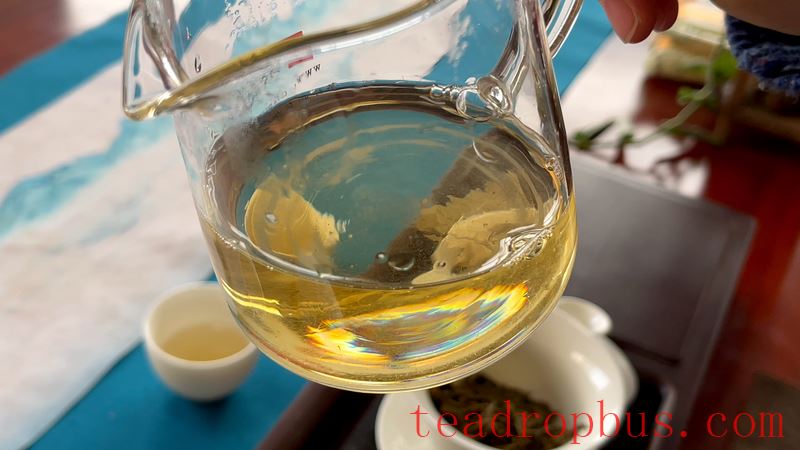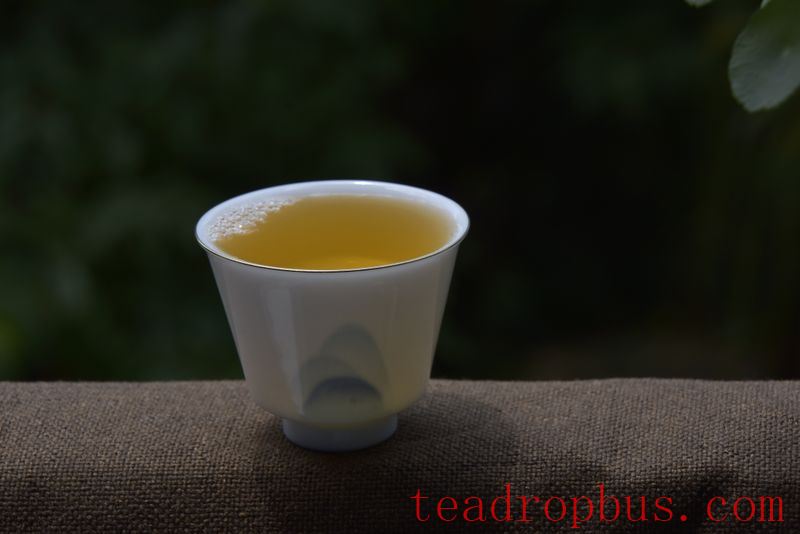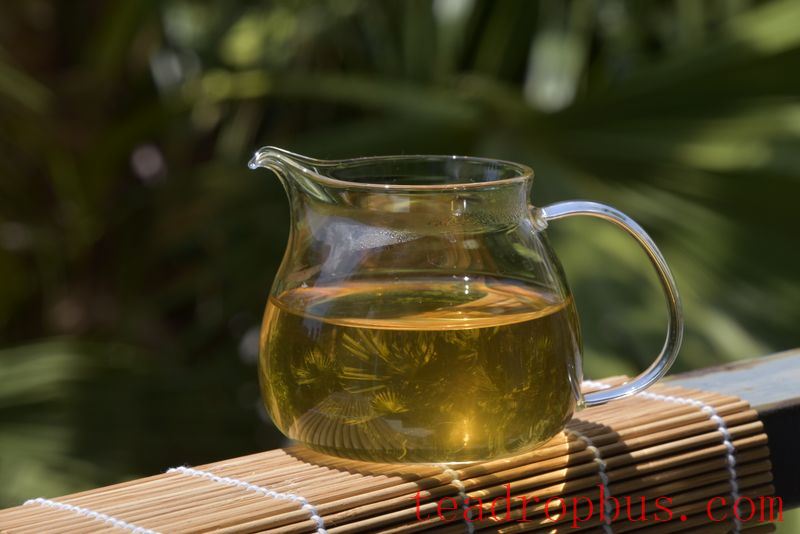Drinking Tea is actually a very traditional culinary culture. This practice dates back to ancient times and has been carried forward to the present day, with many people still enjoying brewing tea. However, everyone has their own preferences when it comes to the type of tea they like, and different teas are favored during different seasons. What are the benefits and drawbacks of drinking tea in summer? Let's explore this below!

Benefits of Drinking Tea in Summer:
1. Cooling, Heat Relief, and Quenching Thirst:
The aromatic compounds in tea act as cooling agents, dissipating heat through the skin pores as they evaporate. Additionally, water-soluble pectins, polyphenols, and aromatic compounds in tea stimulate salivary glands, promoting saliva production and effectively quenching thirst.
2. Replenishing Potassium and Hydration:
People tend to sweat more in summer, which can lead to dehydration and loss of potassium salts through perspiration. Tea contains potassium, with an average potassium content of 24.1 mg per gram of black tea infusion and 10.7 mg per gram for Green Tea.
3. Diuretic Effect and Fatigue Relief:
Caffeine in tea stimulates the kidneys, accelerating urine excretion and increasing the filtration rate, thus reducing the retention time of harmful substances in the kidneys. Caffeine also stimulates the central nervous system, invigorating the body and mind, helping to eliminate fatigue quickly.
4. Beauty, Skin Care, and Anti-Aging:
Tea polyphenols possess strong antioxidant properties and physiological activity, acting as scavengers of free radicals that are harmful to the human body. Research shows that 1 mg of tea polyphenols can scavenge excessive free radicals as effectively as 9 micrograms of superoxide dismutase (SOD), making them superior to other similar substances. Tea polyphenols can inhibit lipid peroxidation reactions and deactivate active enzymes. According to experimental results by Japanese researcher Taku Akita, the anti-aging effects of tea polyphenols are 18 times stronger than those of vitamin E.

5. Radiation Protection:
Tea polyphenols can block the synthesis of carcinogens such as nitrosamines in the body and have the ability to directly kill cancer cells and enhance the immune system. Tea polyphenols and their oxidation products can absorb the toxicity of radioactive substances like strontium-90 and cobalt-60. Clinical trials conducted by medical departments have shown that for mild radiation sickness caused by radiotherapy in tumor patients, treatment with tea extracts can achieve an effectiveness rate of over 90%. For aplastic anemia, the effectiveness rate of treatment with tea extracts reaches 81.7%. It is even more effective for treating leukopenia caused by radiation exposure.
6. Lipid-Lowering and Digestive Aid:
The “Bencao Shiyi” (Supplement to the Materia medica) from the Tang Dynasty records that long-term consumption of tea can help one lose weight. Our ethnic minorities living on the borders often say they cannot go a single day without tea. This is because tea has important effects in aiding digestion and reducing fat. In modern parlance, it helps with weight loss. This is due to caffeine in tea, which increases gastric juice secretion, aids digestion, and enhances the breakdown of fat.
Drawbacks of Drinking Tea in Summer:
1. Regular consumption of strong tea can cause fluid dilution, leading to digestive issues and discomfort. Strong tea can accelerate heart rate, increase blood pressure, and place additional strain on the body.

2. New tea should not be consumed immediately: Many people eagerly try new tea upon purchase. However, this is not advisable as new tea can have adverse effects on health. It is best to wait about half a month before drinking newly purchased tea.
3. Tannic acid is present in tea, so it is not recommended to drink tea immediately after meals. Doing so can lead to iron deficiency and cause iron-deficiency anemia.
4. Individuals who should avoid tea:
(1) Pregnant women should avoid tea: Most commonly consumed teas are slightly cold in nature, and drinking tea during pregnancy may negatively impact fetal development, resulting in a smaller and weaker infant.
(2) Individuals with iron-deficiency anemia: Tannic acid in tea affects iron absorption, worsening anemia.
(3) Those with urinary calculi: The oxalic acid in tea can contribute to stone formation, making it unsuitable for individuals with urinary calculi to drink tea.